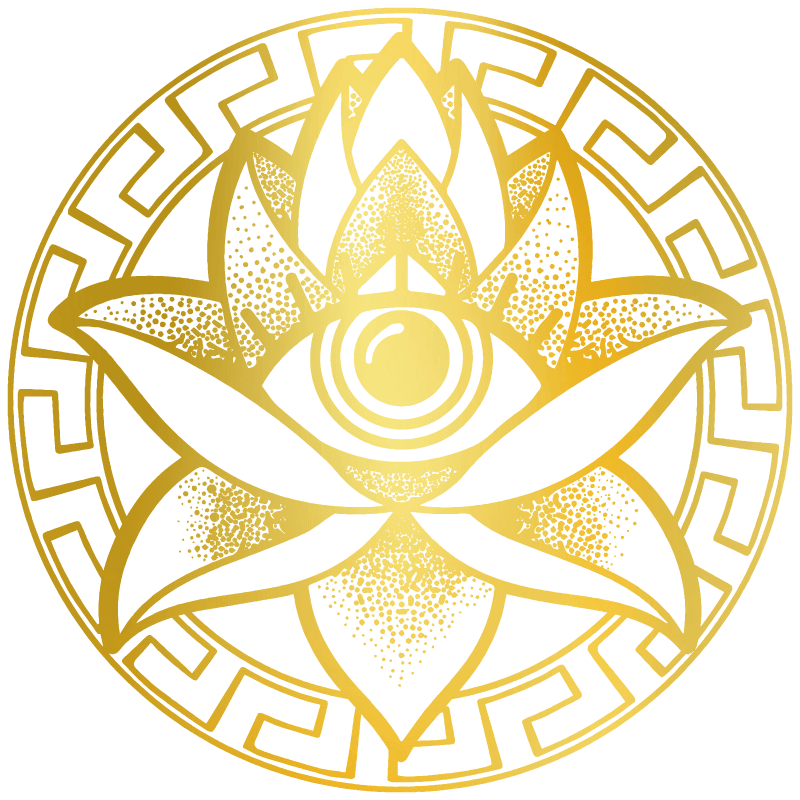Blue Lotus (Nymphaea caerulea) has long been revered for its calming and mildly euphoric effects, making it a popular choice for use in teas, tinctures, and aromatherapy. Originating from ancient Egyptian traditions, this beautiful flower has become a symbol of relaxation and spiritual exploration. With its increasing popularity in modern herbal wellness, many people are asking: Is Blue Lotus addictive?
Understanding Blue Lotus’ Effects
Blue Lotus contains alkaloids like apomorphine and nuciferine, which are known for their calming properties. Apomorphine acts on dopamine receptors in the brain, leading to feelings of mild euphoria and relaxation. Despite these effects, Blue Lotus is not considered to be psychoactive in the same way as substances like THC or psychedelics, which are associated with more profound alterations in perception.
The effects of Blue Lotus are often described as soothing, and its usage typically promotes relaxation, meditation, and sleep support. In herbal and wellness communities, Blue Lotus is used as a natural remedy to ease stress, tension, and even enhance one’s mood without leading to overwhelming psychoactive effects.
Is Blue Lotus Addictive?
The simple answer is no, Blue Lotus is not considered addictive. While Blue Lotus does have psychoactive properties, there is no evidence to suggest that it creates a dependency or causes withdrawal symptoms when its use is discontinued. Unlike addictive substances that activate strong reward mechanisms in the brain, such as nicotine, opioids, or stimulants, Blue Lotus’s effects are more gentle and subtle.
Because it does not trigger the same chemical reactions or compulsive cravings, the risk of addiction is extremely low. It’s important to note that addiction typically arises from a need to continually seek out a substance to experience pleasure or avoid withdrawal. Blue Lotus’s effects are calming rather than intensely euphoric, reducing the likelihood of users becoming psychologically or physically dependent on it.
Safe Usage of Blue Lotus
While Blue Lotus is not considered addictive, it is still important to use it responsibly, like any herbal supplement. Overuse or consuming it in very large quantities may lead to mild side effects such as nausea or dizziness. As with all supplements, it’s best to follow recommended dosages and consult a healthcare provider if you have underlying health conditions or are taking medications.
Users typically consume Blue Lotus as a tea, tincture, or in other forms such as infused wine or vape products. Each method offers different intensities of effects, but none are known to lead to habitual use or dependence. Many users report experiencing only positive effects like reduced stress and enhanced relaxation.
Conclusion
In summary, Blue Lotus is not addictive. Its calming properties are gentle, and there is no evidence to suggest that it leads to dependence or withdrawal symptoms. Blue Lotus can be a safe and enjoyable addition to a wellness routine when used responsibly. However, as with any herbal remedy, moderation and mindfulness are key to ensuring a positive and beneficial experience.
Can Blue Lotus be used daily without the risk of addiction?
Yes, Blue Lotus can be used daily without the risk of addiction. Its effects are mild, and there is no evidence to suggest that it causes dependence.
Does Blue Lotus create a euphoric high similar to other addictive substances?
Blue Lotus does produce mild euphoria, but it does not create the intense high associated with addictive substances. Its effects are calming and not habit-forming.
Are there any side effects from long-term use of Blue Lotus?
There are no known serious side effects from long-term use of Blue Lotus when used responsibly. However, overuse may cause mild side effects like nausea or dizziness.
Should I consult a doctor before using Blue Lotus?
If you have underlying health conditions or are taking medications, it is advisable to consult a healthcare provider before using Blue Lotus to ensure it is safe for you.

